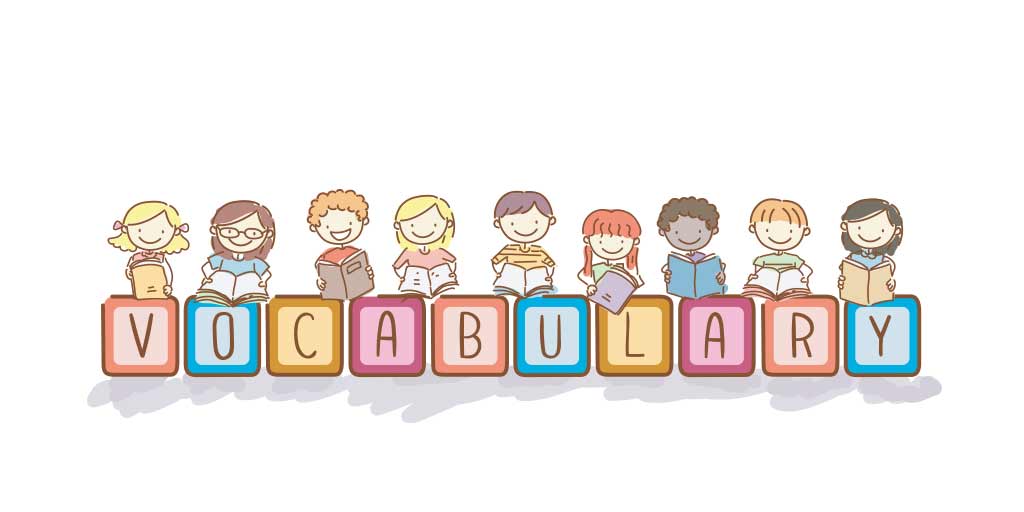The power of longitudinal data in schools
This summer – this whole year – has been unprecedented in many ways. For those working in education and assessment, the challenges have been...

Login | Support | Contact us
Greg Ashman : Sep 19, 2018 1:23:00 PM
4 min read

I suspect I would struggle to find a teacher who has never heard of ‘differentiation’. Exhortations to differentiate are ubiquitous in schools and from school leaders.
But what do we mean when we use this term, what does the evidence say about it and just why has it taken on such totemic importance?
Is ‘differentiation’ even a helpful term to use?
A small group of struggling readers are withdrawn from their primary classroom for an intensive, phonics-based intervention. In the class down the hall, the teacher has run a learning styles survey and has grouped students and set tasks based on the results. The secondary school that these children will attend places students into maths classes based upon their current level of attainment and the school’s geography department stresses the importance of student choice in how they approach tasks and express their ideas. Which of these examples would you describe as differentiation?
To answer this question, it may help to quote Carol Ann Tomlinson, a world expert on differentiated instruction. To Tomlinson,
“Differentiation means tailoring instruction to meet individual needs. Whether teachers differentiate content, process, products, or the learning environment, the use of ongoing assessment and flexible grouping makes this a successful approach to instruction.”
If we take this definition literally, without imposing our preconceptions on it, you could argue that all of the previous examples demonstrate differentiation. It is also quite hard to think of a teaching approach other than non-interactive lecturing that would not fit this description.
In my own lessons, I constantly check for understanding by asking verbal questions or directing students to solve problems on mini-whiteboards that they hold up. I will then vary my instruction based upon what I learn, sometimes reteaching the concept to a subgroup of the class while others work independently on problems. Again, we could call this ‘differentiation’.
Phonics interventions seem promising, given the evidence on the importance of phonics accumulated by three different government panels (Report of the National Reading Panel, ACEReSearch and Digital Education Resource Archive).
However, differentiation according to learning styles is now generally regarded as being unsupported by the evidence, and yet a teacher adopting this strategy could tick-off the ‘differentiation’ box on the lesson plan with confidence.
It is perhaps surprising that until quite recently, advocates for differentiation were still arguing for the value of learning style theories.
I suspect that many such advocates would object to the idea of ability grouping as exemplified by my fictional maths department, but there is nothing in Tomlinson’s definition that precludes this if the groupings are flexible and reflect ongoing assessment. I think there is a lot of confusion around this point because when I have discussed it in the past, I have been told with equal certainty that ability grouping both is and is not a form of differentiation.
The evidence that we have for ability grouping is relatively weak. The Education Endowment Foundation recently ran two trials to try and settle the matter on ability grouping and mixed attainment grouping, but the findings were inconclusive. There is little evidence for an overall advantage for ability grouping versus the alternatives. The Education Endowment Foundation have recently revised their Toolkit to add a strand on ‘within-class attainment grouping' that shows a small positive effect but I am cautious about this too.
If a teacher plans a one-hour lesson with the class divided into six groups then, setting aside any time for classroom management and general administration, the teacher can teach each group for a maximum of ten minutes. The gain in personalisation would therefore not seem to justify the cost in terms of lost instructional time.
However, much of the research on within-class grouping tends to avoid pitting it against whole class teaching in favour of a control group where students work individually on worksheets or reading assignments (reading instruction features heavily). I suspect this is how any advantage is derived.
One popular approach to differentiation is known as ‘Universal Design for Learning’ and it stresses the role of student choice over methods. The UDL website contains pictures of brains with various regions shaded in different colours and was, until recently, in the habit of asking visitors if they could provide supporting evidence for the claims it made. This does not inspire confidence. A recent review of Universal Design for Learning found that although it improved the ‘learning process’ the effect on educational outcomes ‘has not been demonstrated’.
This is not a surprise. There is accumulating evidence that offering students choices in how they learn is not an effective strategy. Back in 1982, Richard Clark found that high achieving students preferred direct instruction when they would benefit from a less structured approach, whereas low achieving students preferred a less structured approach when they would benefit from direct instruction.
Choice could therefore amplify gaps between students. This is not a one-off finding, with research pointing to similar effects (e.g. The Journal of Experimental Education and ScienceDirect). Differentiation programmes that stress choice but do not mitigate the negative effects are therefore probably not going to be effective.
When Carol Ann Tomlinson ran a large-scale trial of her model of differentiation in the U.S., the results were disappointing. It seems as if many schools and individual teachers had trouble implementing the approach. I am not surprised given that differentiation increases teachers’ workload by asking them to plan multiple routes through a lesson rather than just write a single lesson plan.
That’s a tough sell. It could be that Tomlinson’s programme would work very effectively if implemented faithfully but that a faithful implementation will be hard to achieve. In other words, it works in theory but not in practice. Alternatively, it might not work at all.
So ‘differentiation’ potentially covers a highly diverse range of practices; some we are pretty sure won’t work, some where the evidence is ambiguous and some that may be more promising. In this case, does the term have much utility?
But it gets worse.
When faced with a child who has a specific difficulty, we may choose from two very different courses of action. Imagine, for instance, a child who struggles to write and who is in a science lesson where the task is to write an account of an experiment. We could accommodate this need by allowing the child to make a voice recording instead of writing the report. Alternatively, we could address the need by providing writing scaffolds or intensive one-to-one writing coaching.
Either approach may be appropriate in certain circumstances. They are the direct opposite of each other and yet both would come under the definition of ‘differentiation’. What use is a term that can be applied to two opposite strategies?
Instead, we need to ditch it. By promoting an effective practice under the label of ‘differentiation’ we could actually be causing people to adopt ineffective practices because both kinds sit underneath this label.
We need to be more specific about exactly what we mean.
Read Greg’s book The Truth about Teaching: An evidence-informed guide for new teachers
Read more on the Cambridge Insight blog: 6 elements of great teaching

This summer – this whole year – has been unprecedented in many ways. For those working in education and assessment, the challenges have been...

3 min read
by Dimitra Kokotsaki Moving from Key Stage 2 to Key Stage 3 can be a big upheaval for many pupils. Schools work hard to ease the transition...

In education, translating evidence into practice is a process which involves everyone, from classroom-based teachers, to school leadership teams,...